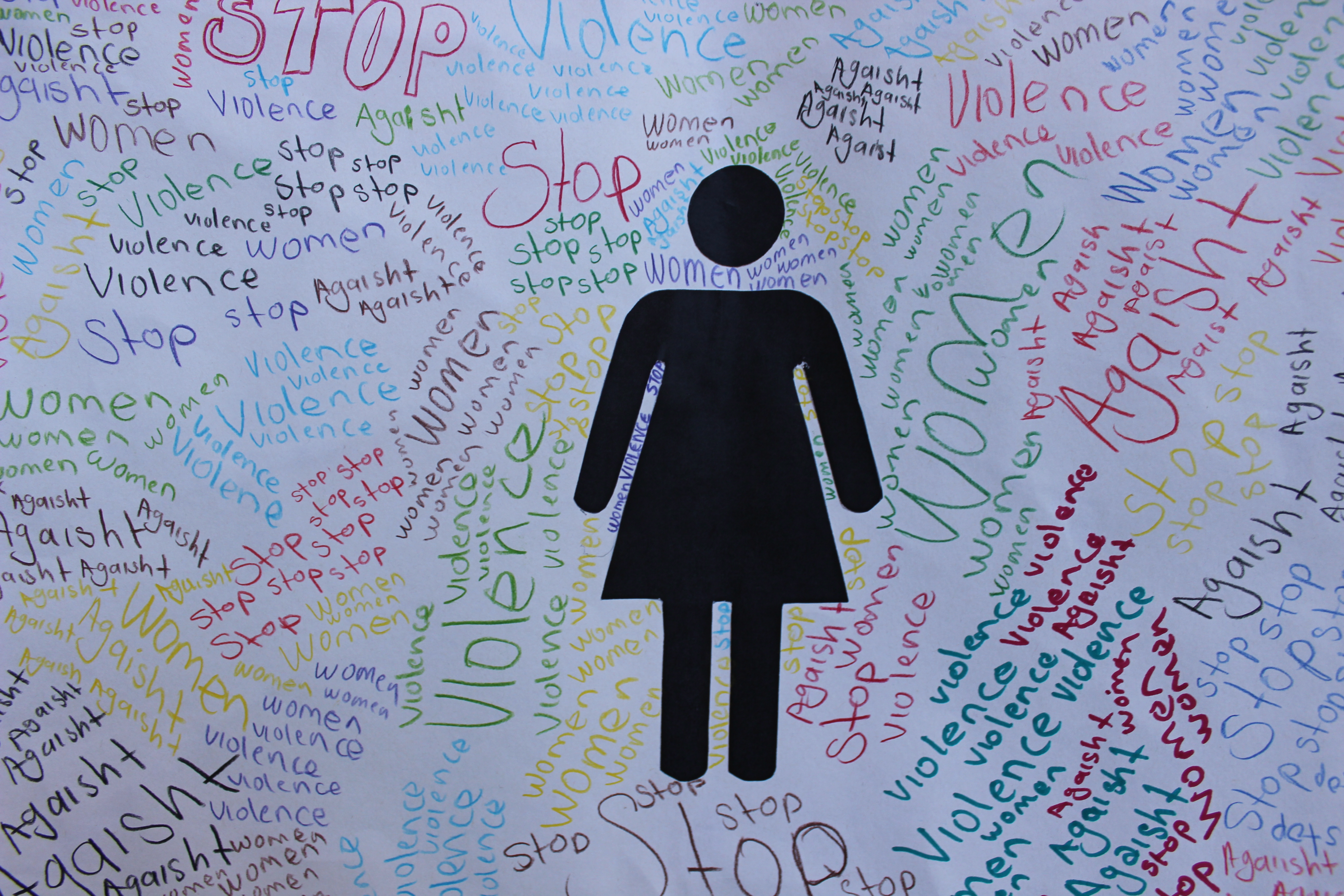
The Politics of Ending Human Trafficking
Human trafficking, an issue perceived formerly as children from some elusive, far away “over there” being bought and sold, and now understood to be a major domestic issue as well, has become the target for many a legislative idea of late. This is both good and bad (but primarily good): the estimated 200,000 children at risk of being bought and sold like merchandise deserve to be better protected, however the disagreements on how to best protect and what really causes this disastrous issue make for some difficult policy work.
At Crittenton, working with these kids and with all kids who come from horrendous trauma, is what we do. There’s no hierarchy of importance, there’s a need and we answer it. However, our programs and our work are tied to these new legislative ideas. We’re fortunate to operate in a region that has launched pilot programs and innovative responses to end trafficking, but as the larger systems at the state and federal level look to address the issue, it puts politics in the game of serving these kids.
Fortunately, there’s a political movement that has gained unprecedented momentum. In a time where gridlock and partisanship has all but paralyzed real collaborative legislative work, the issue of trafficking of children has motivated people to roll their sleeves up and work together. And there’s a ton of work to do here, so we’re glad to welcome people to the fight. Our work with kids who have been bought and sold for sex by adults in their very own communities has taught us a few things about how we can best respond to their needs. Namely, that these kids are still kids. They’re bruised mentally, physically, and emotionally but they are inspiring and resilient when given the right tools for recovery. And the paramount thing we must all remember is that their recovery must not be jeopardized by well-meaning, but detached policy.
So when the legislative proposals started flying, all directed at these kids and the programs (existing and hypothetical), we got a little nervous. Do they understand the factors in kids’ communities that make them especially vulnerable? Are they considering the disproportionality that rears its ugly head in the trafficking victim population? What about safety from pimps and the growing presence of gangs?
Some of the legislation did, and some of it didn’t. But we found relief when a group of legislators in D.C. decided to pull all the good pieces of those bills and make one mega-bill full of practical, meaningful ideas. A 2.0 version, if you will. And even better news: it’s passed out of the House and we can expect the Senate to move on it shortly.
Not surprisingly, it’s a long bill and explaining all of its 82 pages of details is a lot to take in (we read it, we know). But the highlights: it requires states to step up and establish ways to identify, document and respond to kids who are sex trafficked or who are at risk of being trafficking; it improves conditions for those youth in foster care; it establishes research protocols and looks to identify solid best practices for trafficking victims, and it improves responses for kids who AWOL or runaway.
It also does really significant stuff for adoption incentives, but that’s for another blog post. The moral of the story is that there are small victories to be made in the fight against trafficking which (we know all too well at Crittenton) can be a frustrating one. And those victories, policy or otherwise, deserve to be noted and mean that we are collectively coming together to make progress.
At Crittenton, we know that we can’t end the sexual exploitation of children alone, and we are looking to the communities we serve to join in. If you’re interested in being our partner or perhaps subscribing to our advocacy newsletter please contact Crittenton’s Public Policy and Advocacy Department at policy@crittentonsocal.org.
###
Stefanie Benvenuto serves as the Public Policy and Advocacy Director of Crittenton Services for Children and Families of Southern California (CSCF). In this role she is directly responsible for the agency’s public policy program and advocacy efforts relating to child welfare, foster care, juvenile justice, and similar areas of legislative focus. Ms. Benvenuto also serves as Crittenton’s policy analyst, an advisor on all civic engagement efforts, and manages governmental and community relations needs at the local, county, state, and national level.
Visit www.crittentonsocal.org to learn more about our programs and connect with us on Facebook, Twitter, YouTube, LinkedIn, Google+, and Flickr.

